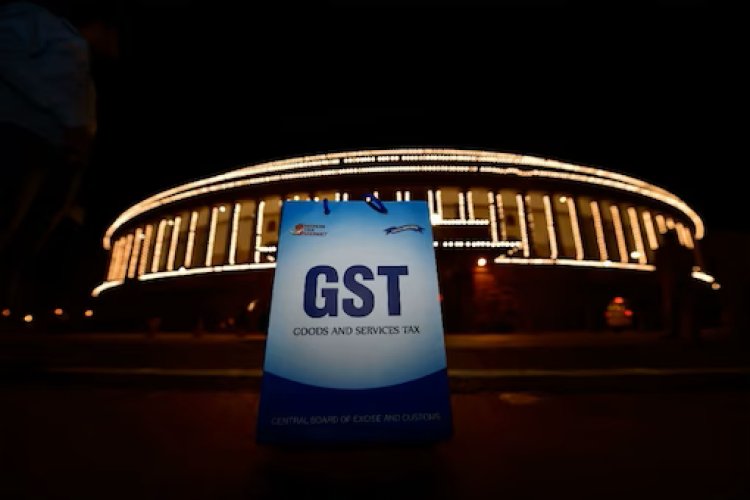Vehicle Scrapping Policy to go to GST Council
The Road Transport and Highways Ministry is keenly looking to implement the first phase of Voluntary Vehicle Fleet Modernisation Programme (V-VMP) policy that aims at scrapping 15-year-old commercial vehicles.

India: The finance ministry has approved Voluntary Vehicle Fleet Modernisation Programme (V-VMP) policy and the document will now go to the GST Council for fixing concession by the state government and the central government.
The Road Transport and Highways Ministry is keenly looking to implement the first phase of Voluntary Vehicle Fleet Modernisation Programme (V-VMP) policy that aims at scrapping 15-year-old commercial vehicles.
Earlier, the Road, Transport and Highways Ministry had sent a concept note on Voluntary Vehicle Fleet Modernisation Programme (V-VMP) to the Committee of Secretaries on creating an ecosystem for voluntary scrapping and replacement of old polluting vehicles.
Nitin Gadkari, Minister of Road Transport and Highways of India “the policy was needed to curb vehicular pollution as well as given the annual 22 per cent growth rate of automobile industry that will require an additional highway lane every third year, costing USD12.31bn (Rs 80,000 crore).
“Once the policy is approved the country is bound to become the hub for automobile industry and the prices were bound to be cheaper as scrap could be used for production of auto parts among other things.” Nitin Gadkari Added
1V-VMP: Vehicle Fleet Modernization Programme proposes to offer tax benefits and discounts to people who scrap old vehicles and replace them with new ones. The draft specifies to cut down the excise duty on new vehicles by half and to provide a discount (subsidy) on the purchase of a new vehicle after scrapping the old one. The draft Voluntary Vehicle Fleet Modernization Programme (V-VMP) policy has proposed to bring under its purview vehicles bought on or before March 31, 2005, numbering about 28 million. As a result, it is anticipated that 18 million commercial vehicles will be scrapped in phased manner creating replacement demands.


